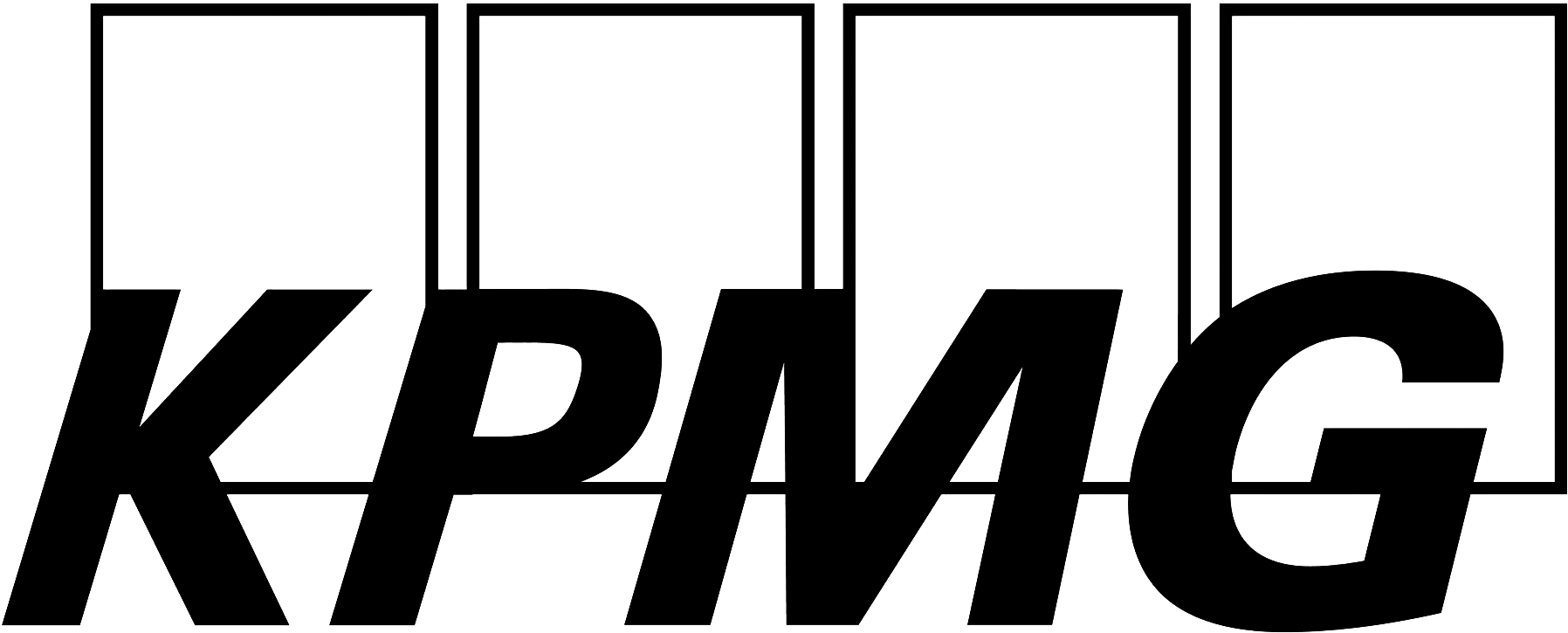
Governance
Governance refers to the systems, policies, and procedures that a company has in place to manage its operations and ensure accountability, transparency, and ethical behaviour. This aspect of ESG considers factors such as board composition, executive compensation, anti-corruption policies, and shareholder rights. A strong governance framework can help companies mitigate risks, protect their reputation, and attract and retain investors. Good governance practices can also contribute to a company’s long-term financial performance and create value for stakeholders. Therefore, incorporating the governance aspect of ESG into an organization’s sustainability strategy is essential for ensuring ethical behaviour, achieving long-term success, and maintaining stakeholder trust. Key components and concerns include:
- Establishing transparent governance systems
- Ethical board composition
- Prioritizing ethical behaviour across all channels
I’d like to learn more about…
Transparent and accountable governance systems refer to a company’s internal processes and systems that ensure that it operates in a responsible and ethical manner, making information about its operations and decision-making available to stakeholders. This can include:
- Board structure and composition that aligns with best practices and promotes good governance.
- Clear policies and procedures for decision-making and management of risks.
- Effective internal controls and auditing processes.
- Open communication channels for stakeholders to raise concerns and provide feedback.
- Transparency in financial reporting and disclosure of material information.
- Compliance with relevant laws, regulations, and industry standards.
- Regularly assessing and reporting on ESG performance.
Ethical board composition refers to the make-up and practices of a company’s board of directors that promote good governance, accountability, and responsible decision-making. This can include:
- A diverse board with a balanced representation of genders, cultures, and experiences.
- Board members with relevant skills and expertise to effectively govern the company.
- Avoiding conflicts of interest among board members.
- Implementing rigorous and transparent processes for selecting, compensating, and evaluating board members.
- Ensuring that the board is independent and free from undue influence by management or major stakeholders.
- Regularly assessing board performance and composition to ensure that it remains effective and aligned with the company’s goals and values.
- Encouraging ongoing board education and professional development.
- Promoting transparency and accountability in board decision-making and communication with stakeholders.
Ethical behaviour is related to social responsibility and involves the company’s impact on stakeholders, including employees, customers, suppliers, and the broader community.
- Treating stakeholders fairly, with respect and dignity, and upholding their human rights and interests
- Transparency and accountability through disclosure of sustainability performance, policies, and procedures to stakeholders
- Working within frameworks such as the Global Reporting Initiative (GRI) and the Sustainability Accounting Standards Board (SASB) and providing KPIs relating to achievements within those frameworks
- An understanding that the absence of ethical behavior can lead to reputational damage, legal consequences, and financial risks for companies, making it essential to prioritize ethics as part of ESG.
- Recognizing that companies that prioritize ethical behavior can enhance their reputation, build trust with stakeholders, and contribute to the achievement of development goals.
ESG in the News
Understanding Canada’s Air Quality Index
Canada’s Air Quality Health Index (AQHI) is an important tool for determining when your control measures should kick in. Download… more »
Webinar: Introduction to ESG
To enable Niagara businesses to go the extra mile in social responsibility, the Greater Niagara Chamber of Commerce (GNCC) and… more »
PenFinancial and Greater Niagara Chamber of Commerce launch Environmental, Social and Governance resource site for business
Investors, consumers, and workers alike are increasingly looking for enterprises that make a difference, have a positive impact, and are… more »






